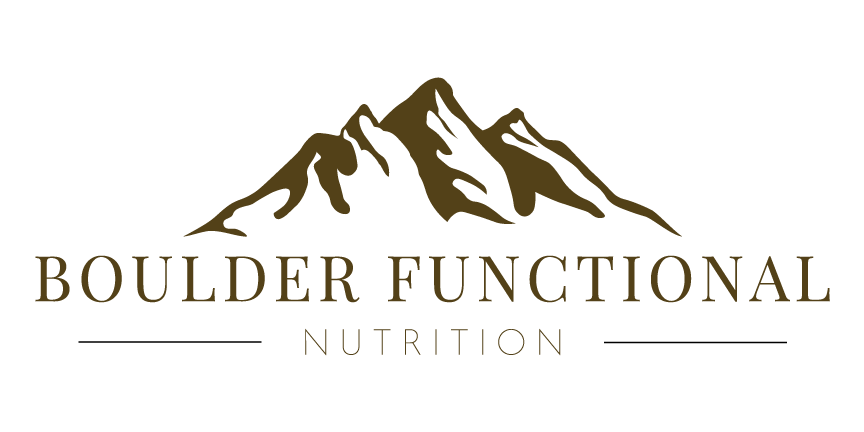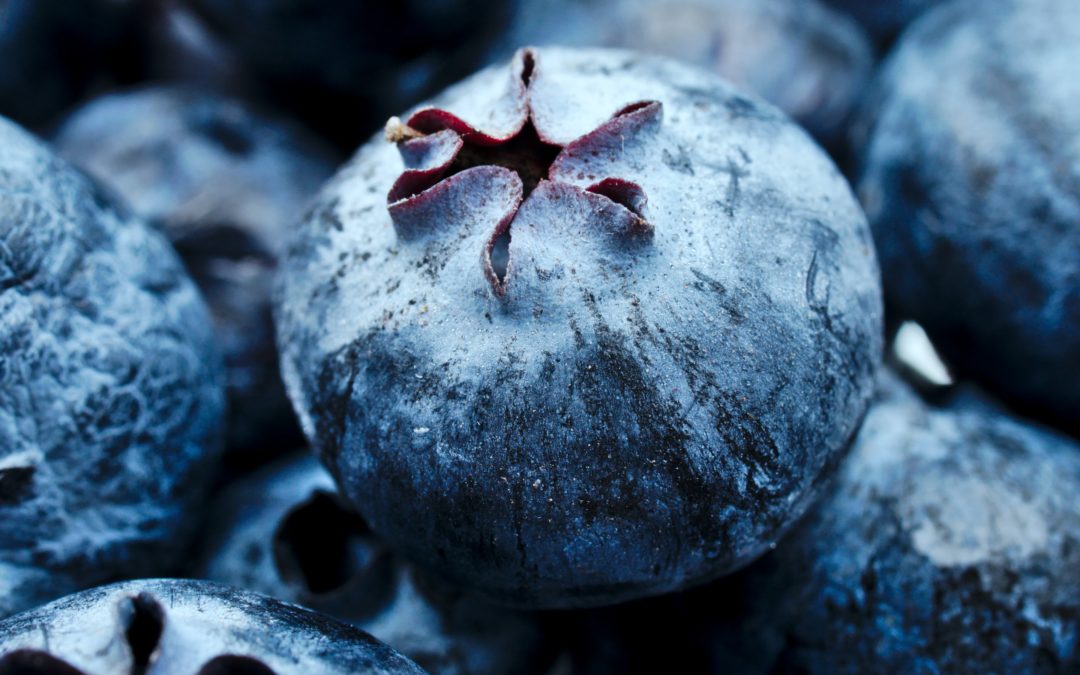Cancer remains a formidable adversary in the world of health, impacting millions of lives each year. While advancements in medical science have brought about innovative treatments, prevention is always the best course of action. One vital element in the fight against cancer is a well-balanced diet, guided by professionals like a cancer nutritionist.
A few years ago, my close friend, Sarah, received a diagnosis of breast cancer. Her journey was filled with medical appointments, treatments, and the emotional rollercoaster that often accompanies a cancer diagnosis. Throughout this challenging time, Sarah decided to take a proactive approach to her health and well-being, particularly focusing on her diet.
Sarah researched extensively and worked closely with a certified oncology nutritionist to develop a personalized nutrition plan. She began to incorporate a variety of cancer-fighting foods into her diet, such as colorful fruits and vegetables, lean proteins, and whole grains. She also paid special attention to reducing processed foods, sugars, and unhealthy fats.
The results were remarkable. Despite the physical and emotional toll of her treatment, Sarah reported feeling more energized and resilient.
Her recovery from surgeries and treatments appeared to progress more smoothly, and her side effects were less severe. She also noticed improvements in her overall mood and emotional well-being, which she attributed to her dietary choices and the sense of control she had gained over her health.
While Sarah’s journey was by no means a straightforward one, her experience highlights the significant impact that a well-balanced, cancer-supportive diet can have on a patient’s overall well-being. It’s a reminder that when facing cancer, combining conventional medical treatments with a thoughtful, nutrition-focused approach can make a meaningful difference in one’s quality of life and resilience during the challenging path to recovery.
This article delves into the role of antioxidants in cancer prevention and management and how consulting a cancer nutritionist can make a significant difference in your health.
Table of Contents
Understanding Antioxidants
Antioxidants are compounds that play a crucial role in safeguarding the body from oxidative stress, a process that can lead to cell damage and eventually, cancer. They work by neutralizing harmful molecules known as free radicals, which can cause mutations in DNA and other cellular damage.
Types of Antioxidants
There are various types of antioxidants, including vitamins, minerals, and phytochemicals, each offering unique benefits. Some well-known antioxidants include vitamin C, vitamin E, selenium, and beta-carotene. These antioxidants can be obtained from a variety of foods, particularly fruits, vegetables, and whole grains. You can see a sample menu HERE to help!
Cancer Prevention
The link between antioxidants and cancer prevention is well-documented. When consumed in adequate amounts, antioxidants help protect the body from oxidative stress, reducing the risk of developing cancer. By consulting with a cancer nutritionist, you can personalize your diet to ensure you’re receiving the right balance of antioxidants to lower your risk.
Cancer Management
For those already battling cancer, antioxidants can also be instrumental in managing the disease. While they cannot replace conventional treatments, antioxidants can complement them by boosting the immune system, improving overall health, and potentially enhancing the effectiveness of therapies. An oncology nutritionist can help tailor a diet that provides the maximum benefits during cancer treatment.
Rich Sources of Antioxidants
Fruits and vegetables are some of the richest sources of antioxidants. Berries, such as blueberries and strawberries, are particularly known for their high antioxidant content. Leafy greens like kale and spinach, as well as cruciferous vegetables like broccoli and cauliflower, are also excellent choices. Nuts, seeds, and whole grains are rich in antioxidants and fiber, making them essential components of a cancer-fighting diet.
The Role of an Oncology Nutritionist
An oncology nutritionist is a healthcare specialist with expertise in the intricate connection between nutrition and the development of tumors rooted in metabolic dysfunction. They are skilled at crafting individualized dietary strategies that take into account your unique health status, and care regimen, alongside lifestyle and dietary choices.
With their guidance, you can ensure you’re receiving the optimal balance of antioxidants and other nutrients necessary for cancer prevention and management.
Balancing Antioxidants
It’s important to remember that too much of a good thing can sometimes be harmful. Excessive intake of antioxidant supplements, for instance, may not be beneficial and could even have adverse effects. This is where the expertise of an oncology nutritionist becomes invaluable. They can help you strike the right balance between dietary antioxidants and other essential nutrients.
Antioxidants play a pivotal role in cancer prevention and management, and an oncology nutritionist is your ally in this journey toward better health. By embracing a diet rich in antioxidants and tailored to your unique needs, you can reduce your risk of developing cancer and improve your overall well-being.
Whether you’re looking for prevention strategies or complementary support during treatment, an oncology nutritionist is the go-to expert for personalized dietary guidance.
Are you looking to take proactive steps towards a healthier life?
Remember, your health is a precious asset, and a well-balanced diet rich in antioxidants can be a cornerstone of your cancer prevention and management strategy. Consult with a nutritionist, and embark on a journey toward a healthier, disease-resistant future.

Vanessa Harris
Holistic Nutritionist
Are you ready?
References:
- Antioxidants. Stanford Health Care (SHC) – Stanford Medical Center. (n.d.). https://stanfordhealthcare.org/medical-clinics/cancer-nutrition-services/reducing-cancer-risk/antioxidants.html
- MS;, D. (n.d.-a). Nutrition and cancer: A review of the evidence for an anti-cancer diet. Nutrition journal. https://pubmed.ncbi.nlm.nih.gov/15496224/
- MS;, D. (n.d.). Nutrition and cancer: A review of the evidence for an anti-cancer diet. Nutrition journal. https://pubmed.ncbi.nlm.nih.gov/15496224/
- Nutrition and immunity. The Nutrition Source. (2022, December 5). https://www.hsph.harvard.edu/nutritionsource/nutrition-and-immunity/


